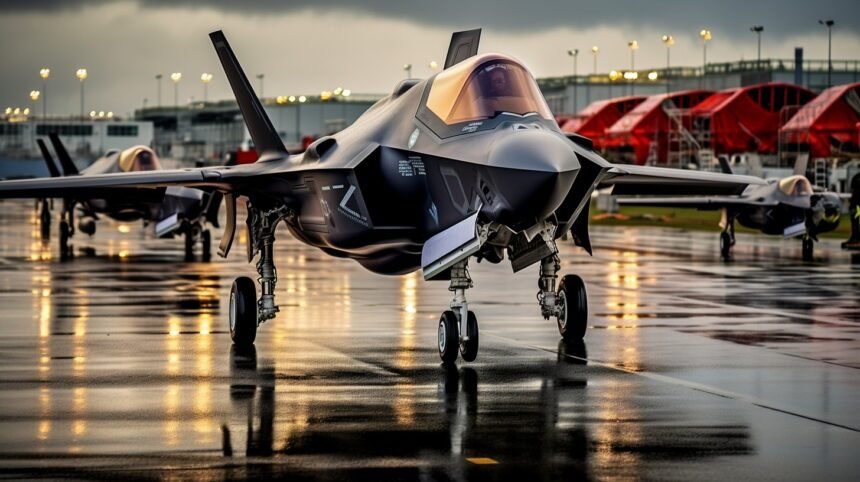Human rights organizations have taken the Dutch government to court, alleging that the supply of F-35 fighter parts contributes to violations of international law in the conflict-ridden region of Gaza. The case centers around US-owned F-35 parts stored in the Netherlands, which are subsequently exported to various partners, including Israel.
Oxfam Novib, a prominent international aid organization, asserts that the export of these fighter parts makes the Netherlands complicit in violations of the laws of war and the collective punishment of Gaza civilians. The organization argues that such military support directly implicates the Dutch government in actions that contravene established international humanitarian standards.
The crux of the matter lies in the utilization of F-35 fighter parts in conflict zones, particularly in the context of the Israeli-Palestinian conflict. Human rights advocates argue that these military assets, when employed in such regions, contribute to the perpetuation of hostilities and potential breaches of international law.
The Dutch government, however, maintains a cautious stance, contending that it is uncertain whether it has the authority to intervene in the deliveries of F-35 parts. This uncertainty raises questions about the government’s role in regulating arms exports and its potential accountability in cases where such exports may lead to human rights violations.
More About The Dutch Government:
The legal proceedings are closely watched by international observers, with a verdict expected within the next two weeks. The outcome of this case may have far-reaching implications, setting a precedent for the accountability of governments in arms exports and their potential role in conflicts that violate established humanitarian principles.
As the world grapples with the delicate balance between national security interests and the protection of human rights, this case underscores the intricate ethical considerations surrounding the international arms trade. The decision of the court will likely prompt discussions on the responsibilities of governments in overseeing and controlling the export of military hardware, especially when there are concerns about the potential misuse of such equipment in conflict zones.
The eyes of the global community will be on the Dutch court as it deliberates on this pivotal case, shedding light on the complex interplay between arms exports, human rights, and the obligations of nations to prevent their resources from being used in ways that violate fundamental international principles.
